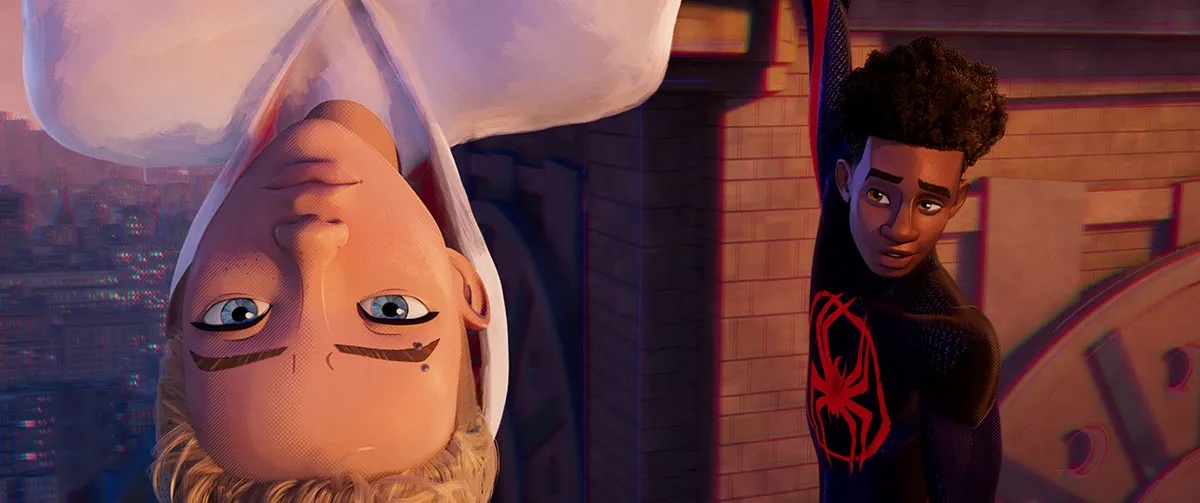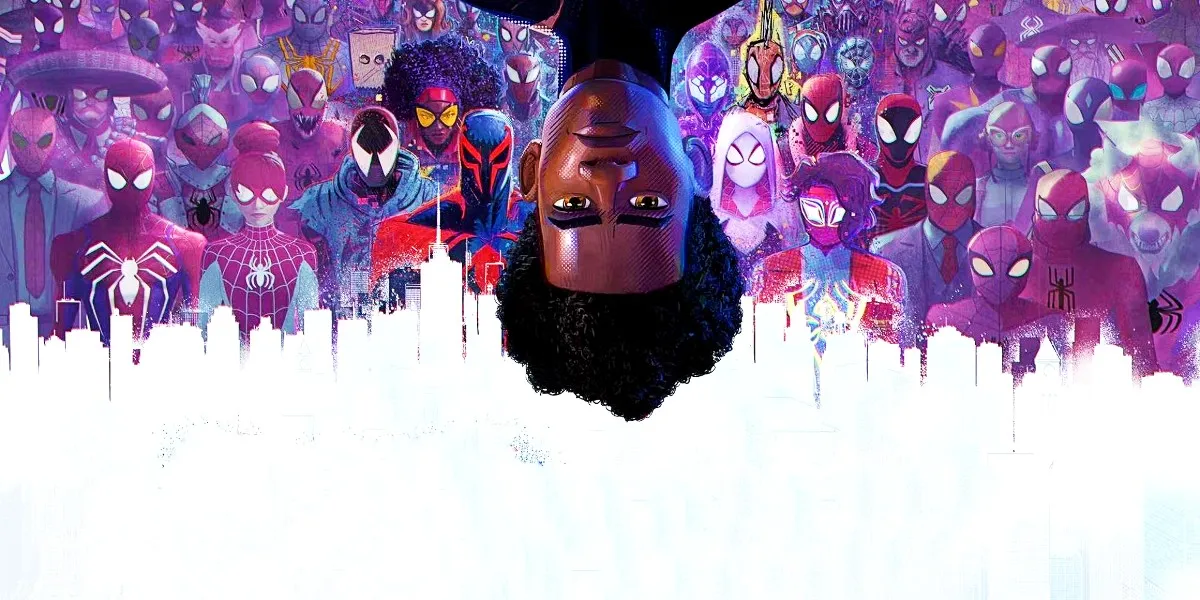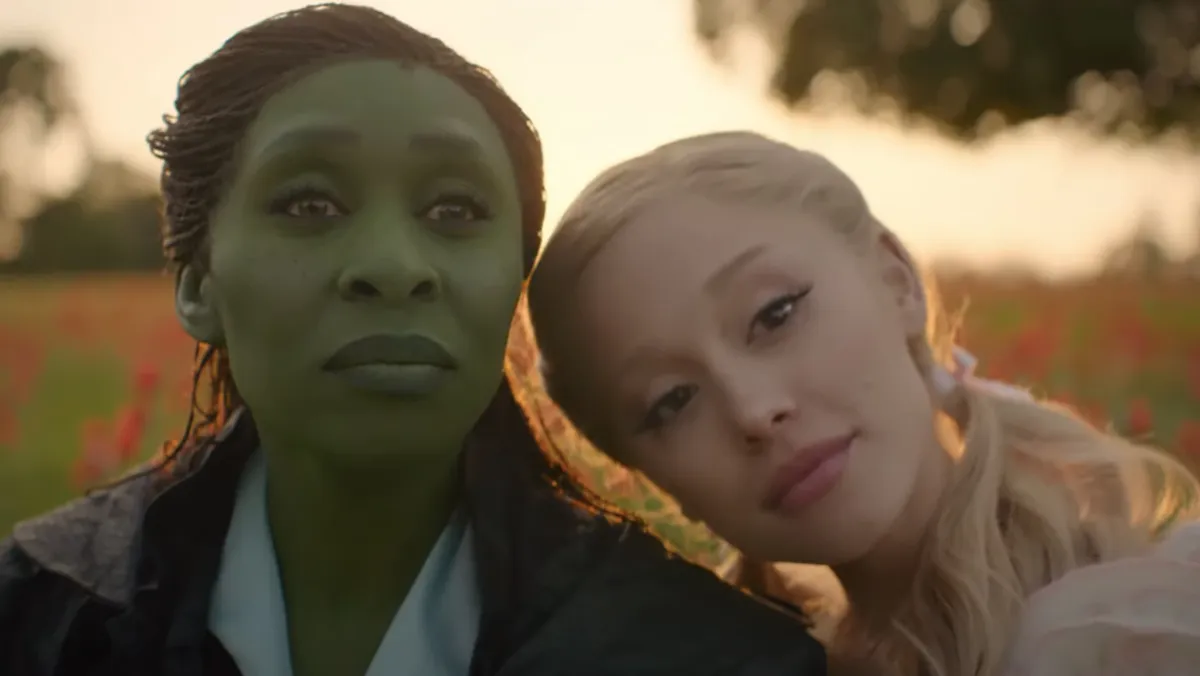There are staples of all Spider-Man stories that fans know, a major one being that Uncle Ben has to die. But as the Spider-stories have branched out into new worlds and we’ve explored a range of characters, the staples have shifted slightly. Still, it seemed someone close to Spider-Man (or the Spider-person in question) had to die, and the captain of the police force trying to track Spidey down had to die.
The idea of what is and is not canon is something that has brought down franchises in the past. Fans of Star Wars know very well that what was once canon may quickly be changed. The difference with the world of Spidey is that there are key moments in his legacy (no matter who is under the mask) that seem to stay and always are a part of the story.
Now, Spider-Man: Across the Spider-Verse is challenging that idea directly, as part of the movie’s plot. Sort of.
**Spoilers for Spider-Man: Across the Spider-Verse lie ahead.**

One of the more shocking revelations in Across the Spider-Verse is that Miguel O’Hara (Oscar Isaac) has been causing “canon” moments to happen to Spider-people across the multiverse because if not, that world could collapse in on itself. He knows this from experience, but he’s aggressive about how he goes through the canon elements of the Spider-people lore, enforcing canon as an actual concept in the story, rather than just a real-world concern of fans and creators.
It all stems from Miguel trying to protect the multiverse, and his anger towards Miles Morales comes from being burdened with this job because of what happened after Kingpin’s collider created holes in the fabric of the multiverse in Into the Spider-Verse.
Some of the canon enforced in the film is what we’ve come to know as fans, but other elements are revealed throughout the movie to give us an idea of what the Spider Society deems a “canon” moment. For Pavitr Prabhakar (voiced by Karan Soni), his canon moment is disrupted because Miles wants to save the day. No one had explained why this would be a bad thing, and when Miles learns about how some people have to die in order for Spider-Man to become who he needs to be, he pushes back against the idea.
It goes back to things like Uncle Ben always having to die or Gwen Stacy falling and dying without Peter being able to save her. In Across the Spider-Verse, it’s less about love interests and more about the “captains” who have to die to inform Spidey’s relationship with them. For Miles, that means his own father. So in Miguel’s mind, that canon cannot be disrupted, but in the minds of both Miles and Gwen, it can be changed, which is why Miles tries to stop the Spot (Jason Schwartzman) from killing Jefferson (Brian Tyree Henry).
The canon is simply just what has to happen to make someone their true Spider self. Peter made a good point that he wouldn’t be the Spider-Man he needed to be without Uncle Ben’s death, but Miles doesn’t want to accept that his father has to die to make him a better hero, and it will be interesting to see how the idea of “canon” plays out in the future of the franchise. More than just the “canon” though, the movie also looks at all of Spider-Man canon—yes, even live action.
Spider people across the universe
What’s so fascinating about the Spider-Society is that it seems to recognize every bit of Spider-Man lore we have. Donald Glover is there as Prowler, a reference to him playing Aaron Davis in the live-action movie Spider-Man: Homecoming. When Miguel explains canon with the rest of the Spider-people, we see Andrew Garfield’s Peter crying over the death of Captain Stacy and Tobey Maguire’s Uncle Ben dying.
This film confirms that the actual canon for fans of the Spider-Man franchise is that everything is tied together in their own universes, including things like Spider-Verse. We knew that Garfield, Maguire, and Holland all existed on their own Earths, but this further ties them together into a larger Spidey franchise. We still don’t know where things like Venom fit in (even if the store that Eddie Brock goes to was featured in the movie thanks to Spot).
Overall, the canon of the Spider-people is simple. Everything is connected, everything has its own universe, and some things have to happen to make Spider-Man into who he needs to be. But it does seem like Miles Morales is trying to challenge that idea, and I can’t wait to see how it pans out in Spider-Man: Beyond the Spider-Verse.
(featured image: Sony Pictures Releasing)










Published: Jun 2, 2023 10:29 am